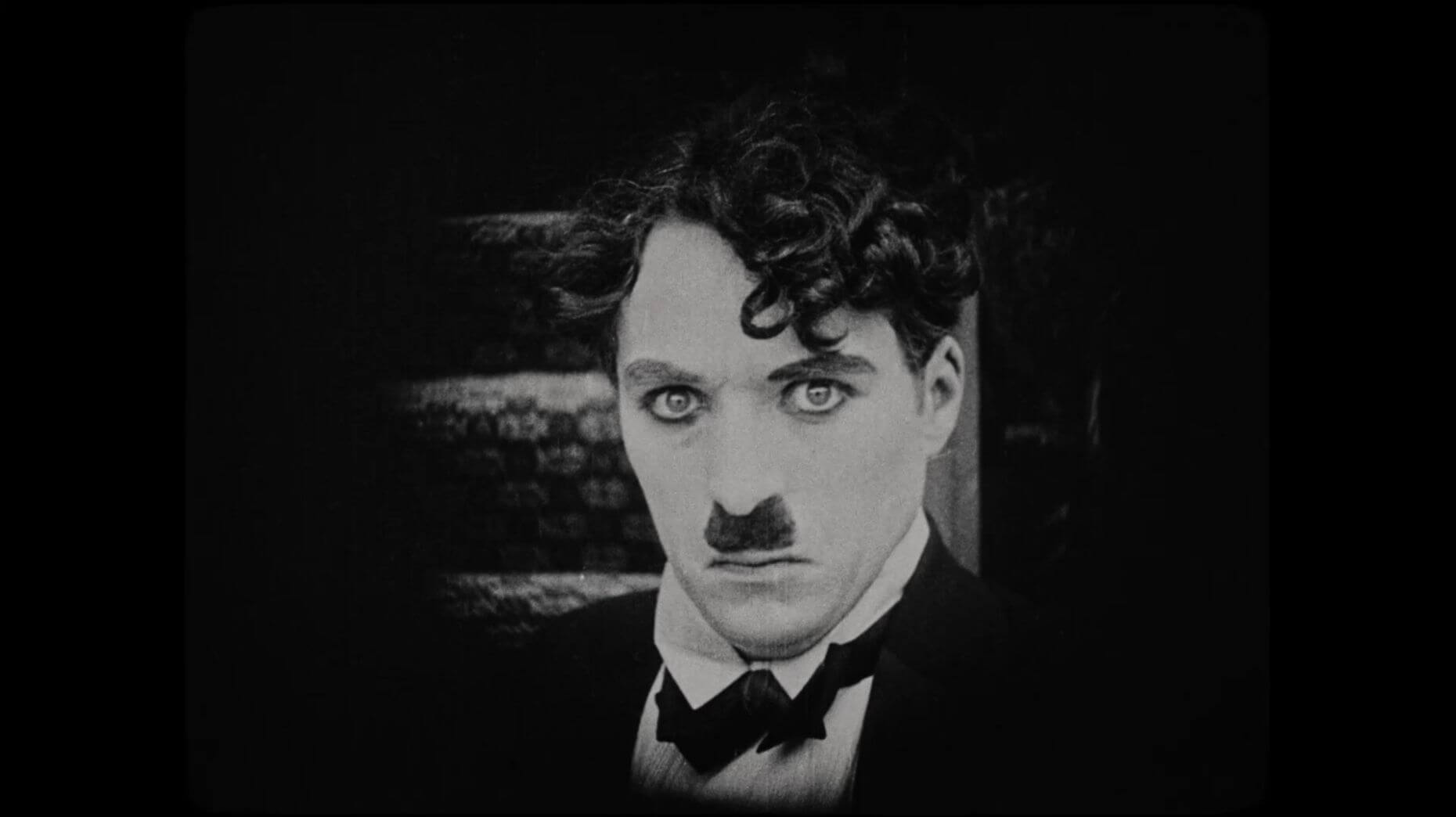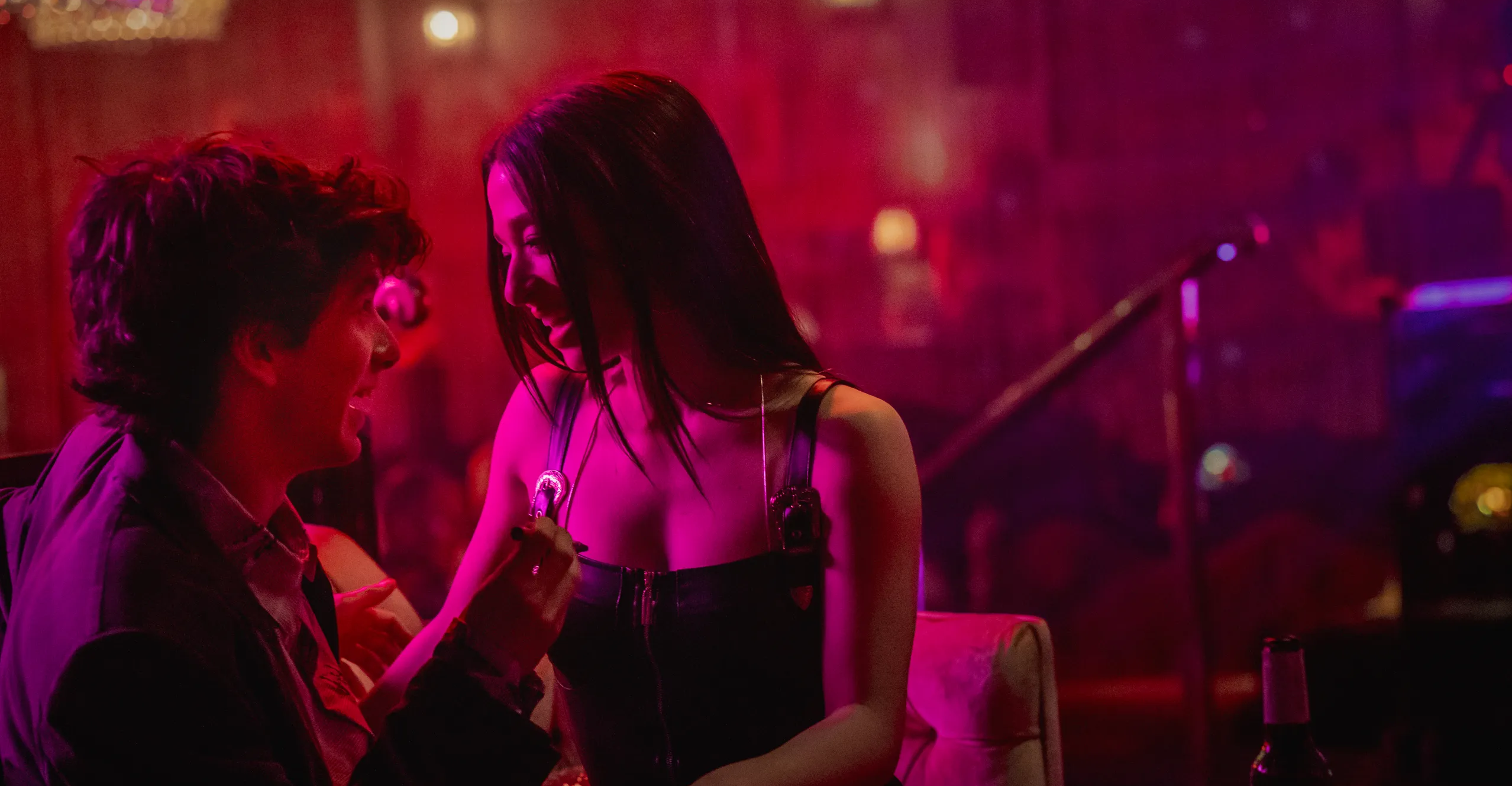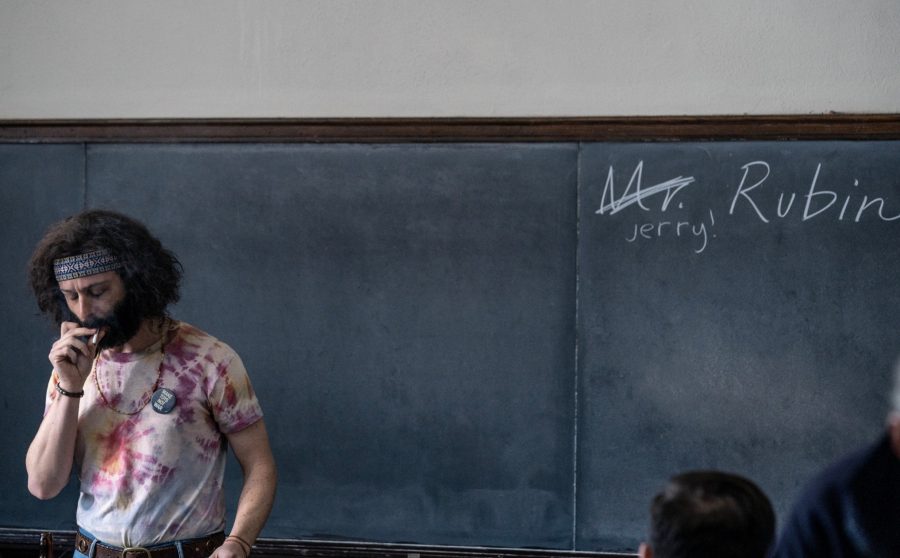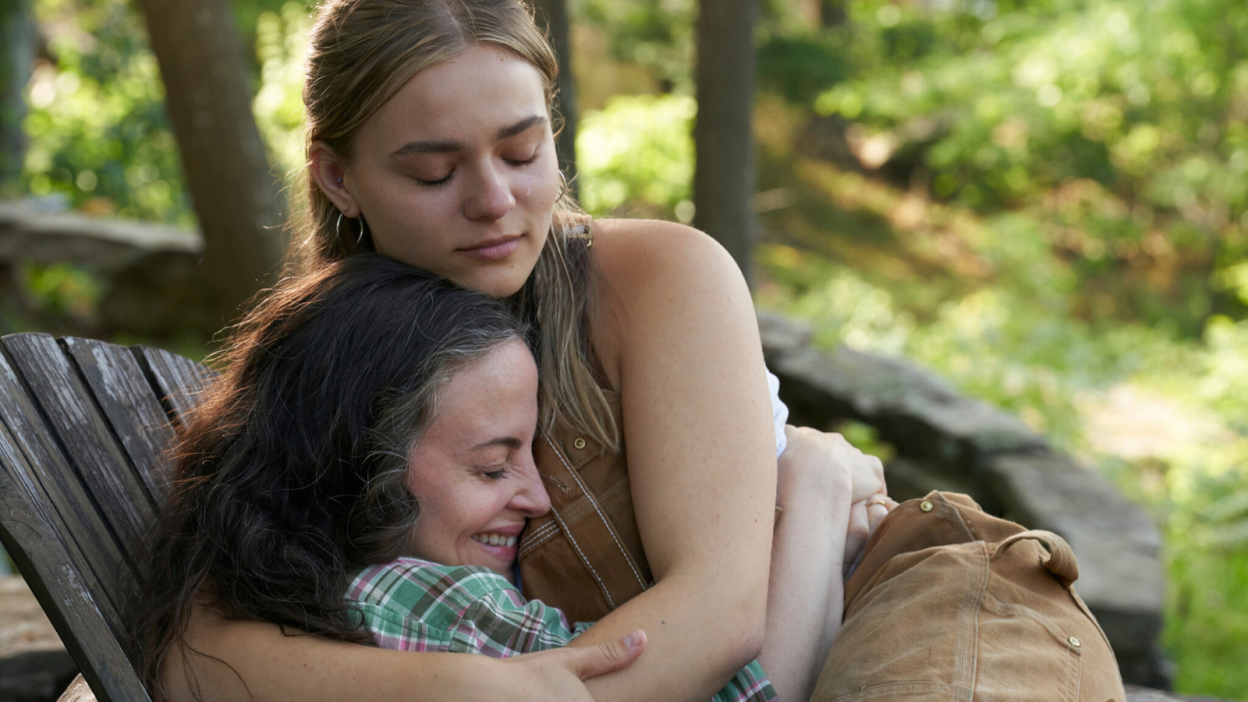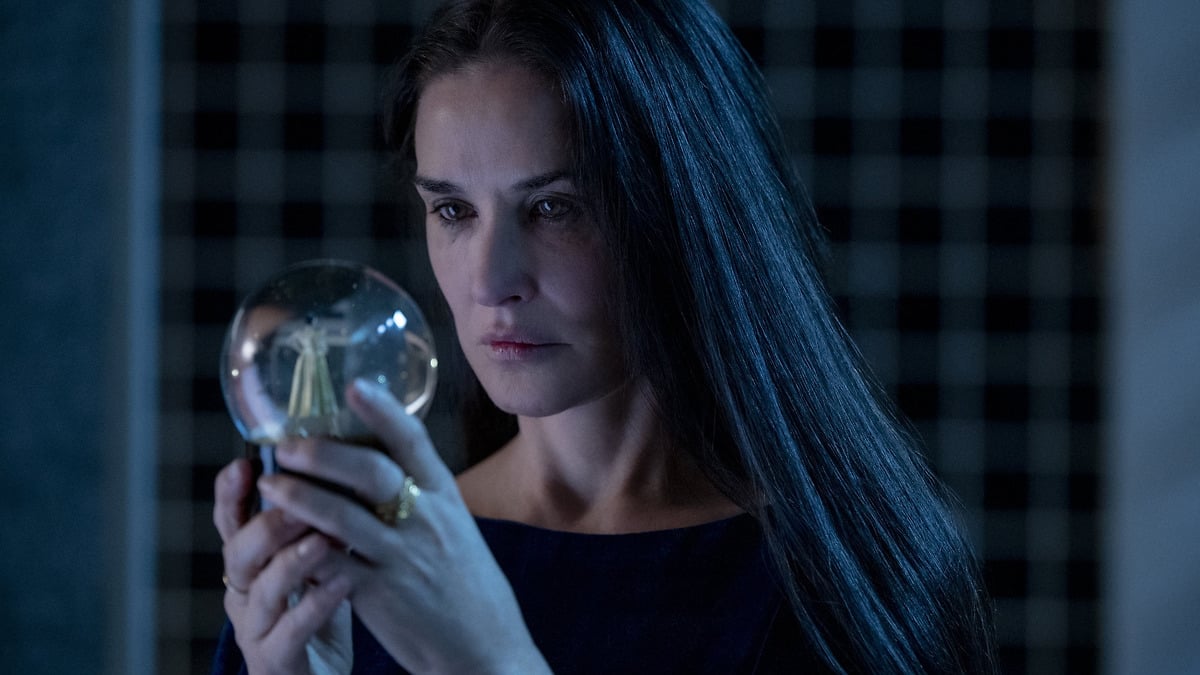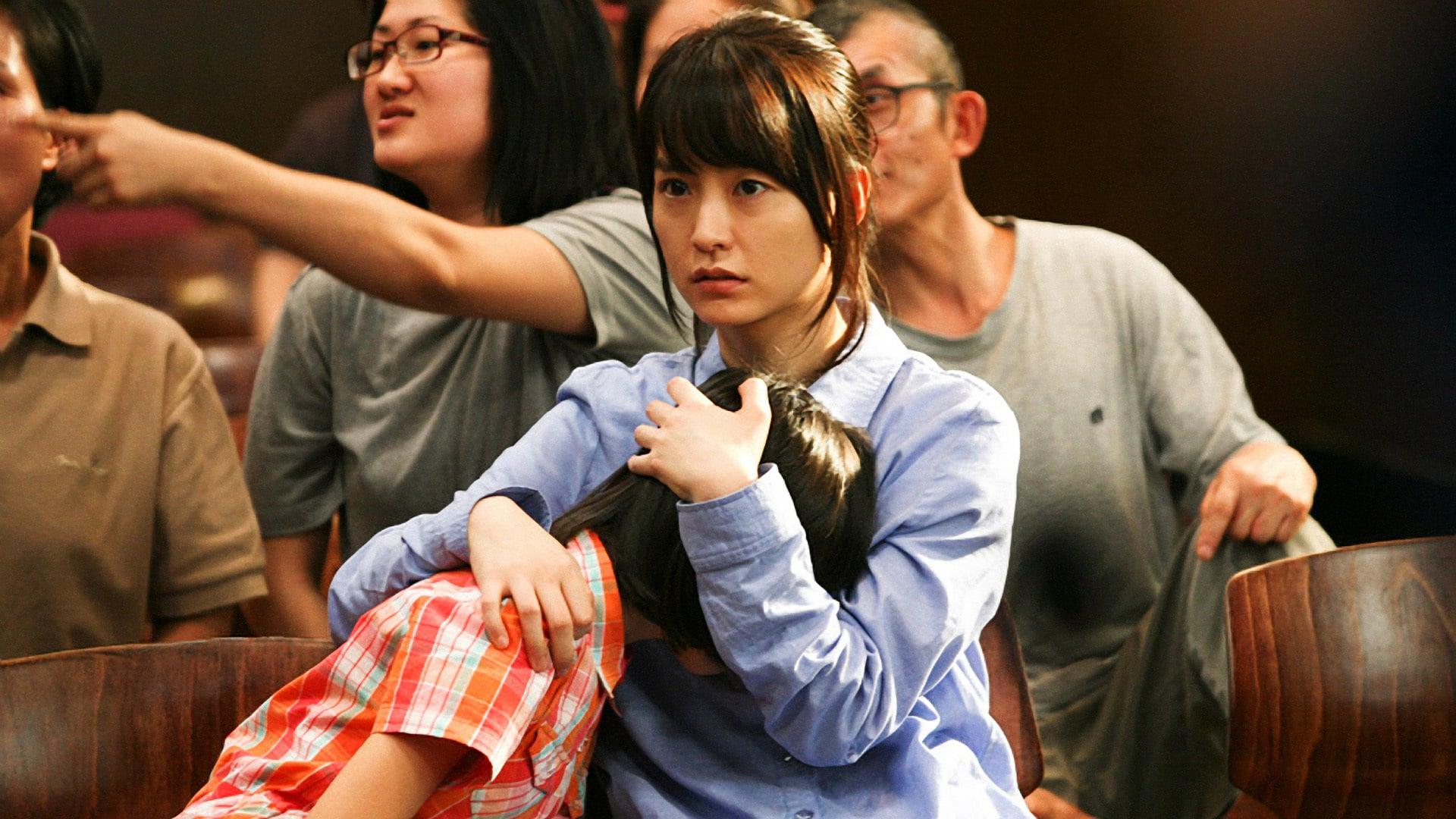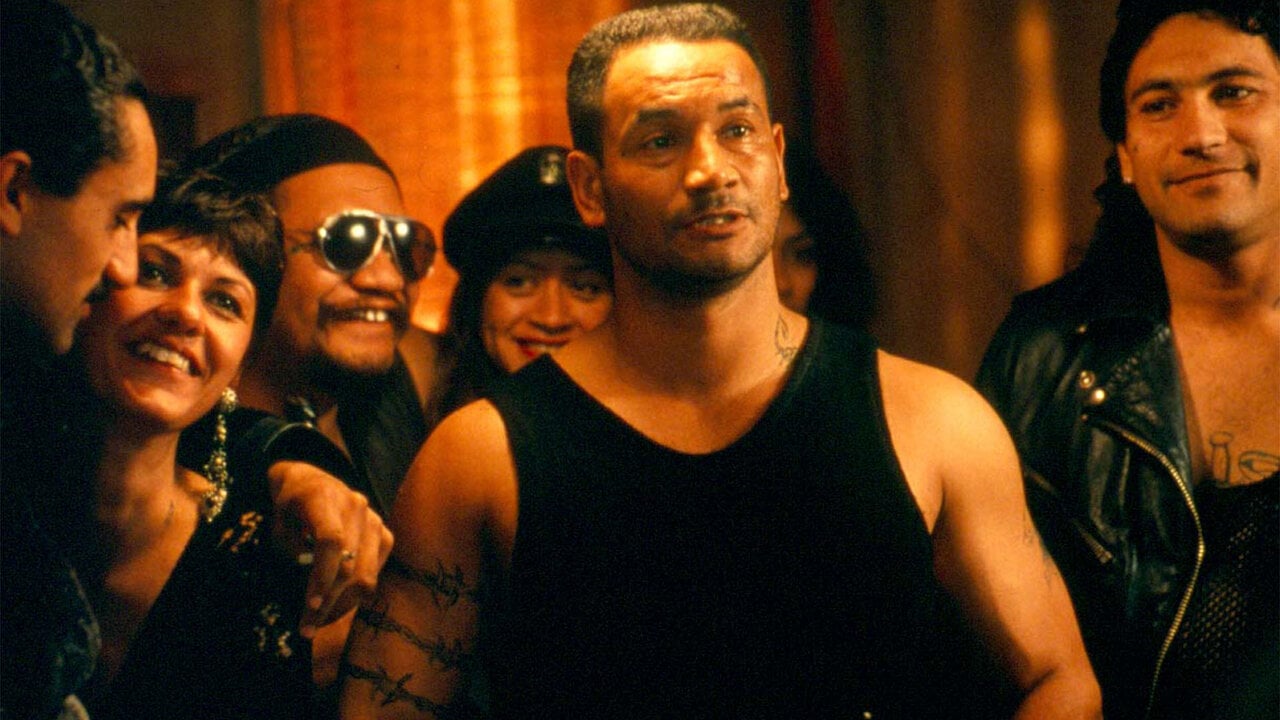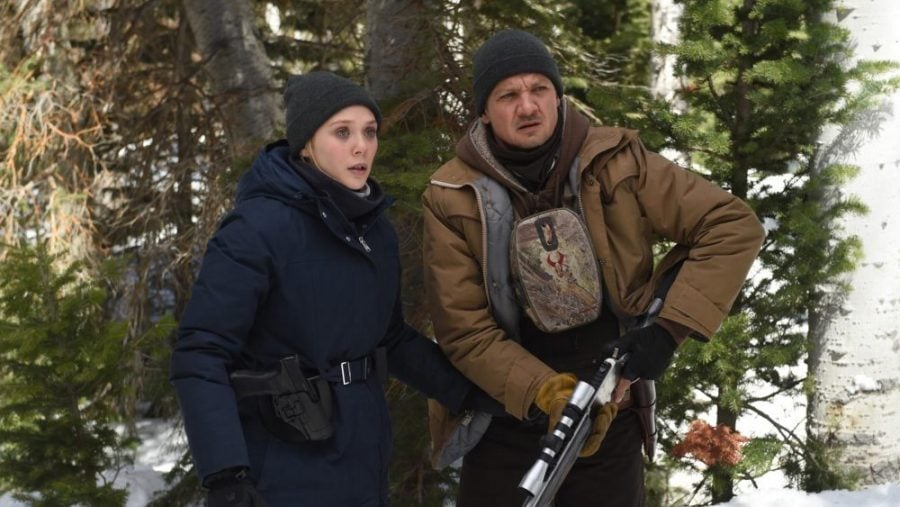Far From Heaven (2002)

7.8
Todd Haynes’ sumptuous, unabashed melodrama finds a paradoxically perfect marriage between form and content
Movie
France, United States of America
English
Drama, Romance
2002
TODD HAYNES
Barbara Garrick, Betsy Aidem, Bette Henritze
107 min
TLDR
Edward Lachman, take a bow.
What it's about
When her marriage implodes, a suburban housewife finds comfort in her gardener, but the interracial nature of their relationship causes a scandal in 1950s Connecticut.
The take
Anyone who's seen All That Heaven Allows will naturally be skeptical that a movie claiming to be an homage to Douglas Sirk’s sumptuous masterpiece will live up to the heights of its inspiration. It’s a ballsy move, molding your film so closely to a peerless classic, but Todd Haynes transcends thin pastiche to be a genuinely great film of its own. Where Sirk’s movie charts the social scandal caused by an upper-class widow (Jane Wyman) falling in love with her gardener (Rock Hudson), Haynes sharpens the conflict by recasting the couple as an interracial one (played by Julianne Moore and Dennis Haysbert). What’s more, Haynes brings her husband back from the dead and into the closet to give Far From Heaven another angle through which to tackle the repression and stigma and explore the characters' rocky pursuit of happiness. If that sounds like the stuff of melodrama, it is — Far From Heaven is proudly of that genre, cracking through the veneer of suburban perfection to find roiling tension and repressed desire underneath.
What stands out
Sirk’s classic is arguably the most beautiful film ever made, a tall order for the artisans who worked on Haynes’ homage to emulate, but happily, the result here is similarly stunning and meaningful. Edward Lachman’s gorgeous expressionist cinematography — vibrant autumnal color, theatrical Dutch angles — Sandy Powell’s similarly dazzling costumes, Mark Friedberg’s lush production design, and Elmer Bernstein’s grand score all stun, but what’s more, they heighten the jarring juxtaposition of outward perfection and interior turmoil, artifice and truth, that is central to the film. There’s much substance in all this exquisite style.
Comments
Your name
Your comment
Your comment
UP NEXT
UP NEXT
UP NEXT
Curated by humans, not algorithms.

© 2025 agoodmovietowatch, all rights reserved.






